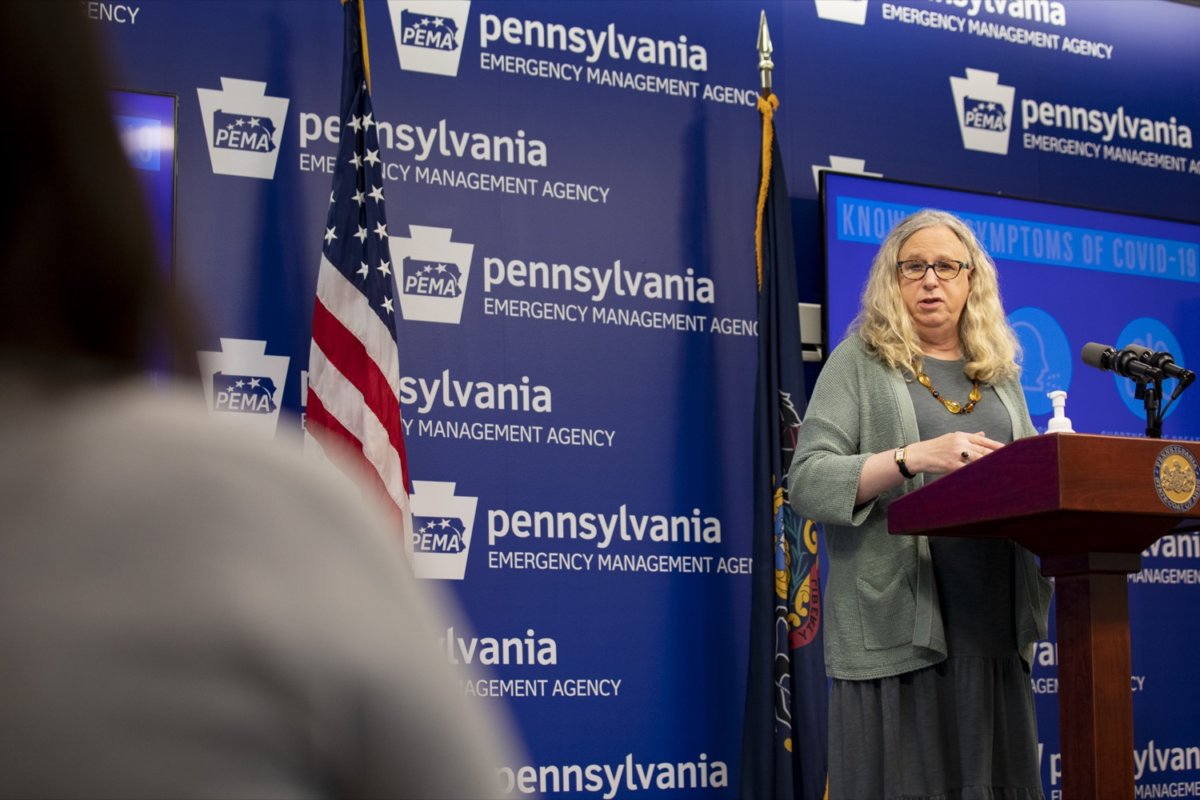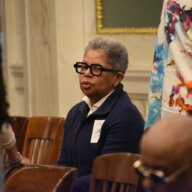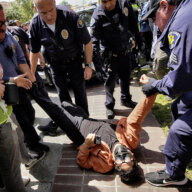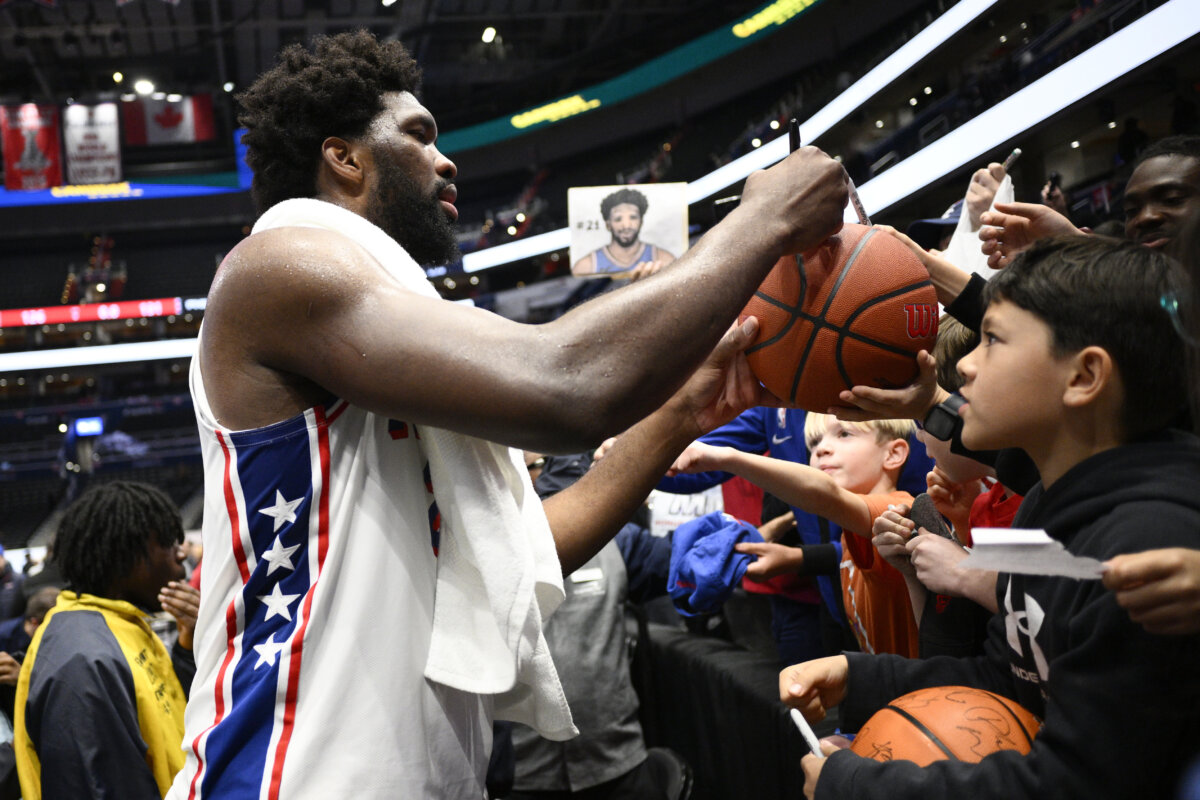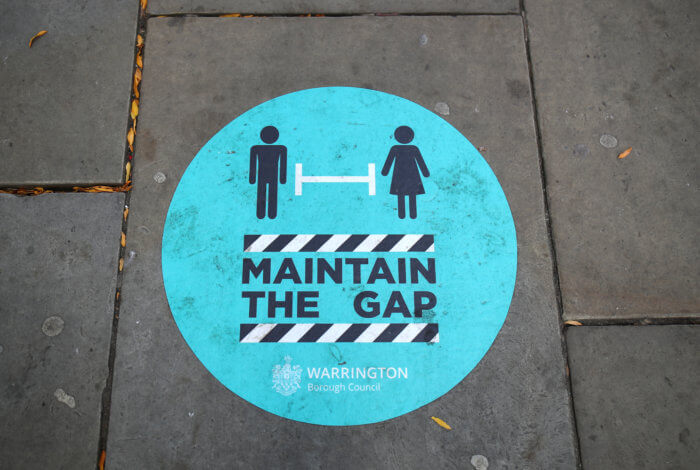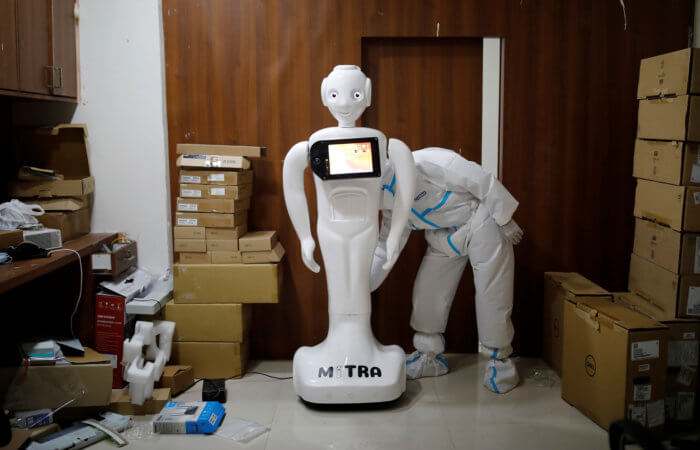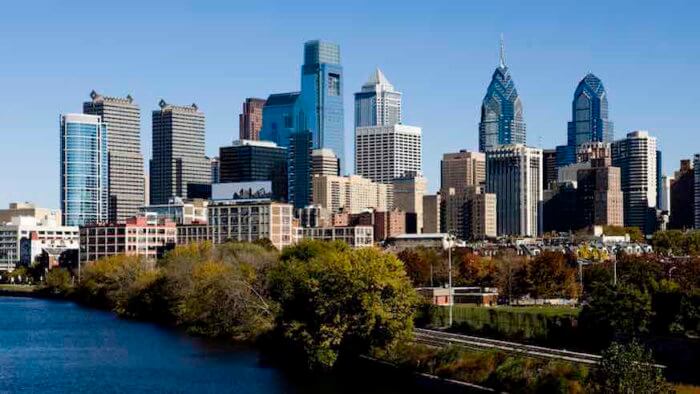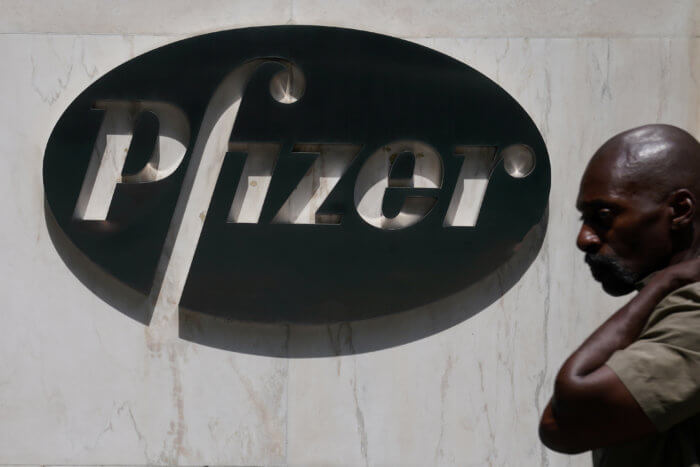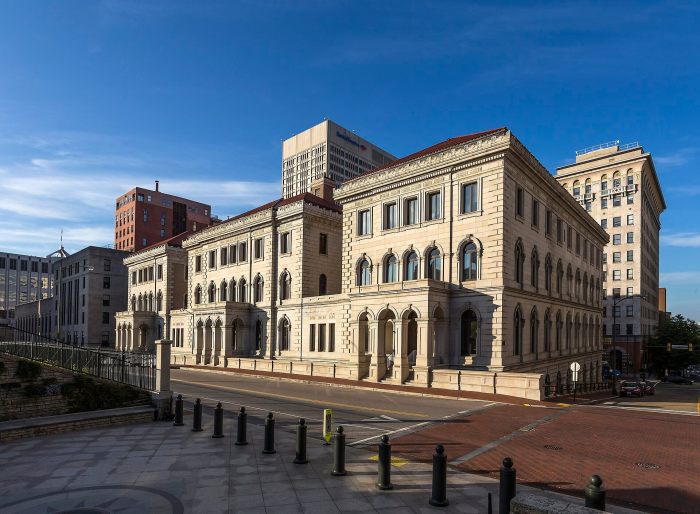Health Secretary Rachel Levine said Monday that she does not believe Pennsylvania has reached its pandemic peak, as the state continues to report record-high COVID-19 case counts on a near-daily basis.
Authorities documented 3,402 new infections across the state on Monday, following 2,909 on Sunday and 4,035 Saturday, Pennsylvania’s largest single-day total of the pandemic.
“This is a call to action for everyone in Pennsylvania,” Levine told reporters Monday. “COVID-19 is right here, and we are at a critical point.”
In Philadelphia, officials reported 1,772 cases since Friday afternoon.
More testing hasn’t led to the rapidly rising case count, Levine said, because the state’s positive test rate has increased over the last week from 6.1% to 6.9%.
Hospitalizations in Pennsylvania have also jumped by about 500 in the past seven days. There were 1,735 people being treated in medical centers as of Monday.
“With this increasing number of cases, you’ll see increasing rates of hospitalizations, and we will see an increasing number of deaths,” Levine said.
The state’s pandemic trajectory mirrors spikes around the United States, she added.
In New Jersey, Gov. Phil Murphy on Monday announced new restrictions. Beginning next week, indoor dining will not be permitted after 10 p.m. in the state, and high school sports teams will not be allowed to play out-of-state squads.
Good news did emerge Monday about a vaccine being developed by Pfizer. The vaccine is more than 90% effective, according to the company, which said it would be able to produce 50 million doses by the end of the year and 1.3 billion in 2021.
Levine said Pfizer’s vaccine still needs to clear a couple hurdles, but that it could be submitted to the federal government later this month or in early December. She called it a “very positive” development.
“We stand ready to distribute and administer the vaccine,” Levine said. “Now the Pfizer vaccine is the one that is ultra-cold.”
“It has to be kept on dry ice or in ultra-cold refrigeration units, so that poses challenges,” she added. “But we’ve already reached out to hospitals and health systems to be able to accomplish that.”
In the meantime, Levine and other public health officials continue to urge people to avoid gatherings, wear masks and keep social distancing.
The Philadelphia Department of Public Health is recommending that anybody who participated in election-related rallies or celebrations self-quarantine for two weeks and get tested for the virus seven days after they last were in a crowd.
Similar guidance was issued by the city after massive Black Lives Matter protests over the summer following the death of George Floyd.
In his first official act as president-elect, Joe Biden and his running mate, Kamala Harris, on Monday unveiled their “Transition COVID-19 Advisory Board,” which Biden said will be important in helping to shape his approach to the pandemic.
Among those named to the board was oncologist Ezekiel Emanuel, a professor at the University of Pennsylvania. He previously served as a health policy advisory to the White House’s budget office.
“It is a great honor to serve for the President and Vice President elect to address this pandemic and get the country moving again,” Emanuel said in a statement.
His brother, Rahm Emanuel, is a former Chicago mayor who worked as President Barack Obama’s chief of staff.
Levine said a problem facing Pennsylvania contact tracers is people’s unwillingness to answer questions.
Between Oct. 25 and 31, only 21% of those who tested positive would say whether they had visited a business or attended a mass gathering, according to the state.
“I cannot stress enough how absolutely critical this information is,” said Levine, who noted that the tracing process is anonymous and confidential.
Of those who did reply, about 19% said they had spent time at a business over the 14 days before they developed symptoms, and the same percentage said they had attended a large event.
Pennsylvania added four states — Arizona, Connecticut, Georgia and Massachusetts — to a list of places where residents are advised to quarantine for two weeks after visiting, bringing the total number of states to 34.
Officials are also “highly discouraging” travel to New Jersey if it can be avoided.
Levine and Philadelphia Health Commissioner Thomas Farley have also asked residents to cancel gatherings with out-of-household family and friends for Thanksgiving and the December holidays.



